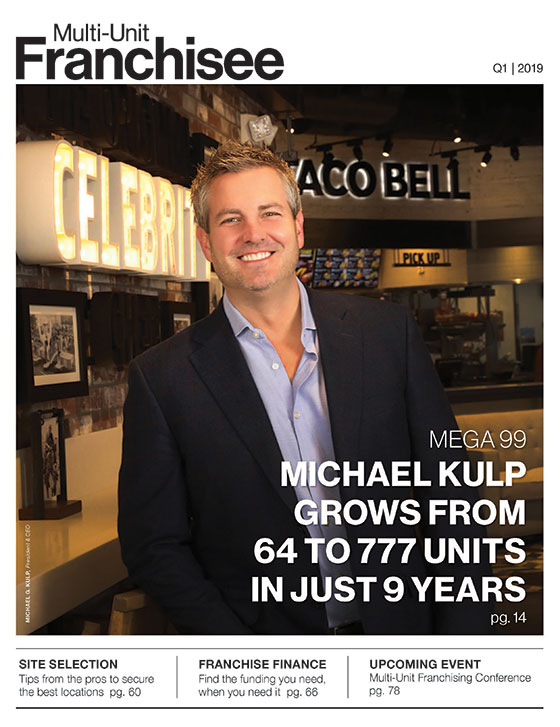Who's Job Is It? Training for Front-Line Excellence

It is not the employees' responsibility to have high service aptitude; it is the company's job to teach it to them.
The most important thing a leader needs to know is that the vast majority of the workforce has extremely low service aptitude, especially when they are entering the workforce. And sadly, a high percentage of senior-level executives continue to have low service aptitude themselves.
Your employees do not know what world class is. Front-line employees' standard of living typically does not afford them the opportunity to fly first class, stay at five-star resorts, drive a luxury automobile, or enjoy other higher-end experiences. Yet as managers, we expect those same employees to be able to deliver world-class service to clients, guests, patients, or whomever we call our customers, who may be accustomed to these types of experiences. It doesn't make any sense.
Your employees are not your customers. Customer-facing employees in the vast majority of businesses cannot relate to their customers. They are not the same age range, income level, or professional position. Many businesses have front-line employees in their 20s dealing with clients between the ages of 35 and 50, maids who clean homes worth more than $400,000, or account executives, accountants, lawyers, consultants, and other professional service providers who deal directly with CEOs and entrepreneurs.
Your employees are not looking at it from the customer's perspective. World-class service organizations teach their employees to view things from the customer's perspective. Remember, many employees have never been their own customer, have never needed the services and products their company provides, and cannot comprehend what the customer's mindset is. Therefore, they do not relate well and find it difficult to empathize, be compassionate, and anticipate customer needs. Businesses need to build their customer experience from the customer's perspective instead of from the company's viewpoint. They must understand their customer's circumstances, their pain, and their needs. What is it like to be their customer for a day? What are their personal commitments to their families, or their professional commitments to their company and demands from their customers?
You compare yourself to the rest of your industry. Whether you are a law firm, insurance agent, jewelry store, salon, or accounting firm, the comparison of your competition to you is really pointless. After your customer receives a haircut, they don't leave your salon, go visit another one and say, "Wow, my salon is so much better." Your firm's client doesn't hang up with you and call another accounting firm. After your customers deal with you, they then interact with other businesses. They finish their errands, go to the dry cleaner, go shopping, and make a few other calls to totally different businesses. As a result they are doing one of two things: either wishing the other businesses they are dealing with were as good as yours, or vice versa.
Your employees become numb. All businesses battle with going on autopilot and, from time to time, becoming numb to their customers' situations and expectations. While consulting with a large hospital, I found out that, too often, nurses and doctors would refer to patients as "201B." Saying something like "201B needs their medicine." They were saying room 201, bed B, instead of the patient's name.
To dominate in the relationship economy, organizations must intentionally train their employees to avoid misconceptions about their customers. The responsibility for your organization's employees continuously demonstrating exceptional, world-class customer service is on you.
John R. DiJulius III, author of The Customer Service Revolution, is president of The DiJulius Group, a customer service consulting firm that works with companies including Starbucks, Chick-fil-A, Ritz-Carlton, Nestle, PwC, Lexus, and many more. Contact him at 216-839-1430 or [email protected].
Share this Feature
Recommended Reading:
FRANCHISE TOPICS
- Multi-Unit Franchising
- Get Started in Franchising
- Franchise Growth
- Franchise Operations
- Open New Units
- Franchise Leadership
- Franchise Marketing
- Technology
- Franchise Law
- Franchise Awards
- Franchise Rankings
- Franchise Trends
- Franchise Development
- Featured Franchise Stories
FEATURED IN

Multi-Unit Franchisee Magazine: Issue 1, 2019

$500,000
$500,000





 The multi-unit franchise opportunities listed above are not related to or endorsed by Multi-Unit Franchisee or Franchise Update Media Group. We are not engaged in, supporting, or endorsing any specific franchise, business opportunity, company or individual. No statement in this site is to be construed as a recommendation. We encourage prospective franchise buyers to perform extensive due diligence when considering a franchise opportunity.
The multi-unit franchise opportunities listed above are not related to or endorsed by Multi-Unit Franchisee or Franchise Update Media Group. We are not engaged in, supporting, or endorsing any specific franchise, business opportunity, company or individual. No statement in this site is to be construed as a recommendation. We encourage prospective franchise buyers to perform extensive due diligence when considering a franchise opportunity.